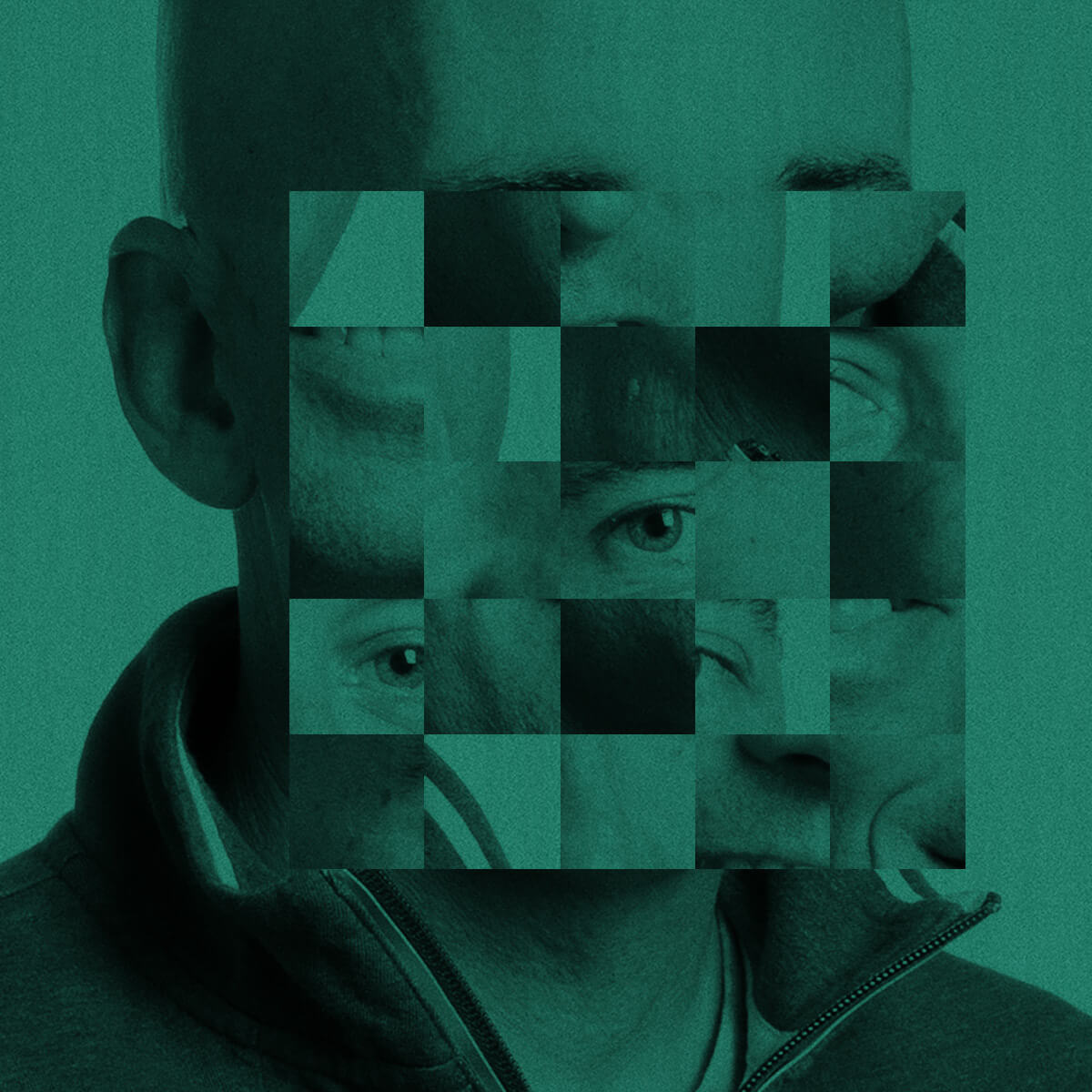Decipher Podcast: Reddit’s Matt Johansen on Identity Attacks, Enterprise Security, and Burnout
Reddit's head of application security Matt Johansen joins Dennis Fisher to talk about the highlights of Black Hat USA, the

He is one of the co-founders of Threatpost and previously wrote for TechTarget and eWeek, when magazines were still a thing that existed. Dennis enjoys finding the stories behind the headlines and digging into the motivations and thinking of both defenders and attackers. His work has appeared in The Boston Globe, The Improper Bostonian, Harvard Business School’s Working Knowledge, and most of his kids’ English papers.

Reddit's head of application security Matt Johansen joins Dennis Fisher to talk about the highlights of Black Hat USA, the
Risk management is not one of humanity's strong points, but we can learn some lessons from our own real life experiences to apply
As software systems have become ever more complex, the opportunity for security researchers to show their value has grown, as
Amy Bogac, a longtime security executive with a depp background in systems administration and networking, joins Dennis Fisher to talk about how she came to security, how her background in communications informed her career choices, and the difficult conversations that need to occur before someone has to push the button during an incident.
The Dutch Military Intelligence and Security Service said it has identified more than 20,000 FortiGate devices that have been compromised by a Chinese state-sponsored threat group.
A few days after Microsoft announced the new AI-enabled Recall feature--generating tremendous concerns and pushback from the security and privacy communities--the company had decided to disable it by default, but many concerns still remain. A month after the company's CEO proclaimed that it would be "prioritizing security above all else", how did this happen?
A critical remote code execution bug (CVE-2024-4577) in all versions of PHP on Windows has been patched. The bug also affects all Windows versions of XAMPP.
Veteran security journalist and podcaster Ryan Naraine joins the Decipher podcast to discuss the challenges of separating fact from fiction when reporting on complex incidents such as the Snowflake breach.